
A country’s life expectancy is a vital sign of its overall health and well-being. Due to improvements in healthcare and technology, average life expectancy has risen significantly worldwide. This list explores 15 countries that have achieved remarkable longevity, offering valuable insights into the factors contributing to their success.
Hong Kong

This country has an 84.63-year life expectancy, primarily due to a clean environment with minimal air and water pollution. A clean environment reduces the risk of chronic diseases and promotes overall health. Another critical element is its excellent healthcare system, physical activities, and favorable living conditions.
Japan
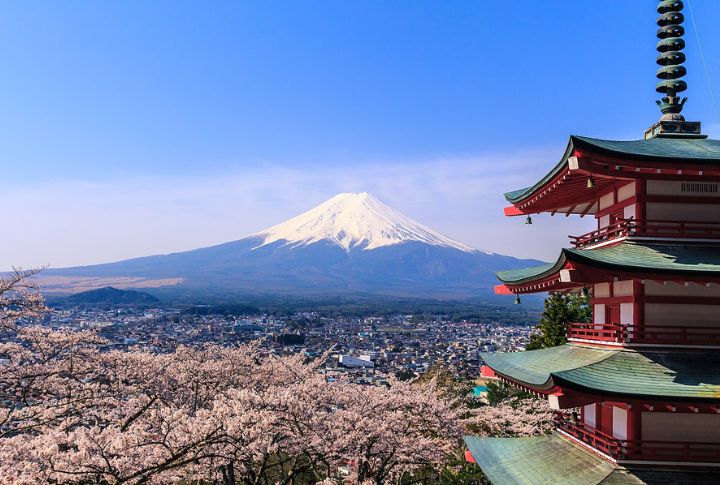
With an impressive 84.43 years, Japan reflects its commitment to high-quality healthcare and living. The traditional diet includes fresh fish, vegetables, and green tea, rich in antioxidants and omega-3 fatty acids. In addition, Japan’s exceptional healthcare system and low infant mortality rate are crucial contributors.
Macau

One unique aspect of Macau that contributes to its high life expectancy of 84.04 years is its integration of traditional Chinese medicine (TCM) with modern healthcare practices. TCM focuses on balancing the body’s energy, or Qi, through acupuncture, herbal medicine, and Tai Chi. This addresses not just physical symptoms but also emotional and spiritual well-being.
Switzerland

Switzerland is a leader in medical research and innovation. The country invests heavily in healthcare research, leading to the development and early adoption of advanced medical treatments and technologies. Therefore, it is not surprising that Switzerland has a life expectancy of 83.56 years. Swiss culture places a strong emphasis on a healthy lifestyle.
Singapore
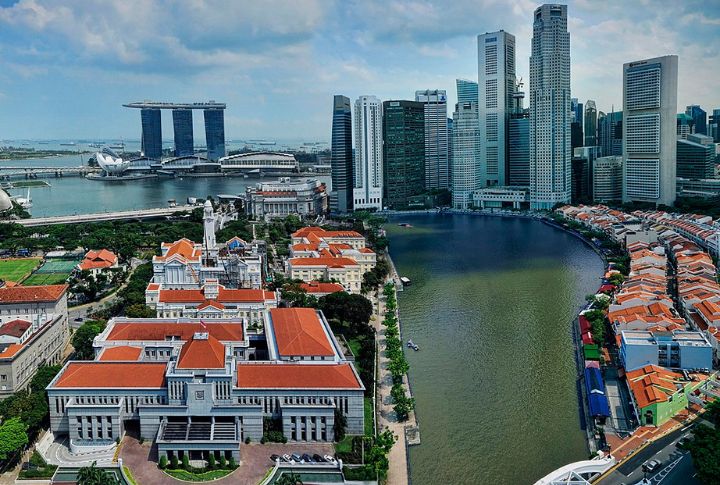
On average, an adult in Singapore would live a healthy life up to 83.39 years. Singapore has a robust healthcare system, emphasizing preventive care, early detection, and universal access. The diverse culinary scene in Singapore offers nutritious options, including fresh seafood and vegetables.
Spain

Spaniards value leisure time and maintain a healthy work-life balance. The culture encourages taking breaks, enjoying long meals with family and friends, and participating in social and recreational activities, all of which contribute to lower stress levels and better health. In Spain, life expectancy runs up to 83.36 years.
Italy

Italians have strong family bonds that provide emotional support and reduce stress. These close relationships contribute to mental well-being, which is crucial for health and longevity. Italy’s life expectancy is 83.28 years. The traditional Italian diet, rich in fruits, olive oil, fish, and lean meats, reduces the risk of heart disease, cancer, and also other chronic conditions.
Australia

This country boasts a life expectancy of 83.2 years. The Australian government has initiatives like “Closing the Gap” aimed at reducing health disparities between Indigenous and non-Indigenous Australians. These efforts contribute to overall national health and life expectancy by addressing specific health needs.
Iceland
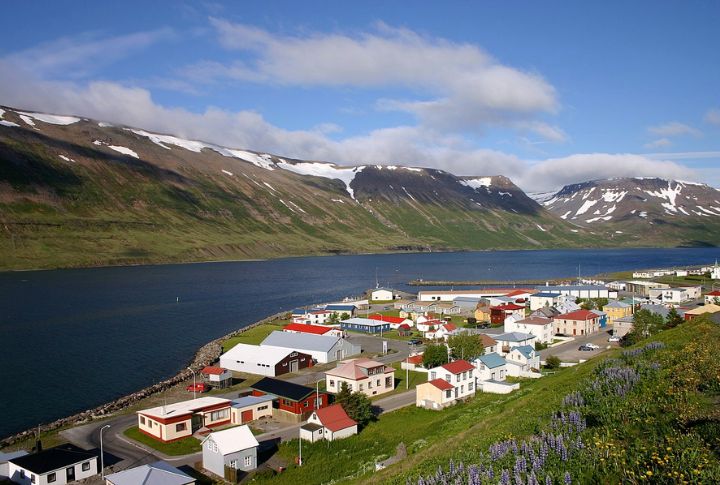
Iceland is a visionary in genetic research, with extensive studies that contribute to personalized medicine and early detection of genetic disorders. Iceland also has some of the cleanest air and water in the world. The country’s low pollution levels contribute to better respiratory and overall health, making its 82.77-year life expectancy possible.
South Korea

The life expectancy of 82.77 years is due to a robust healthcare system, a healthy diet rich in vegetables and fermented foods, and strong social support networks. Cultural emphasis on family and community and advancements in medical technology further contribute to the nation’s remarkable longevity.
Israel
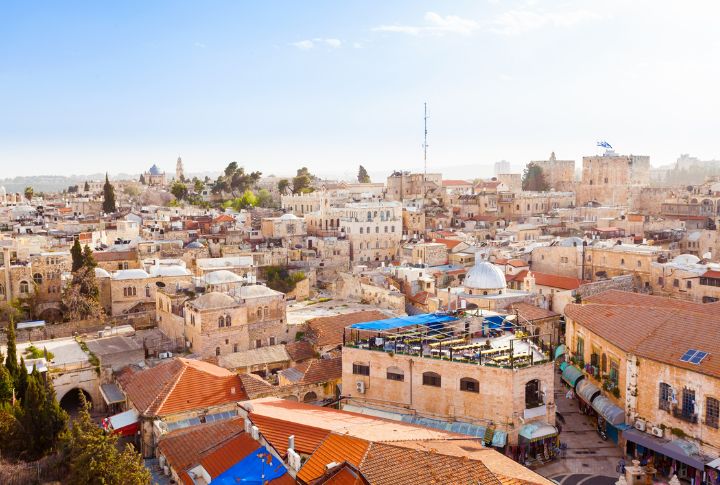
Israel’s mild climate and minimal extreme temperatures contribute primarily to its high life expectancy. This reduces the risk of heat—and cold-related illnesses, which can be significant health risks in other parts of the world. A sound healthcare system, low newborn mortality, and decent living conditions drive a life expectancy of 82.74 years.
Sweden
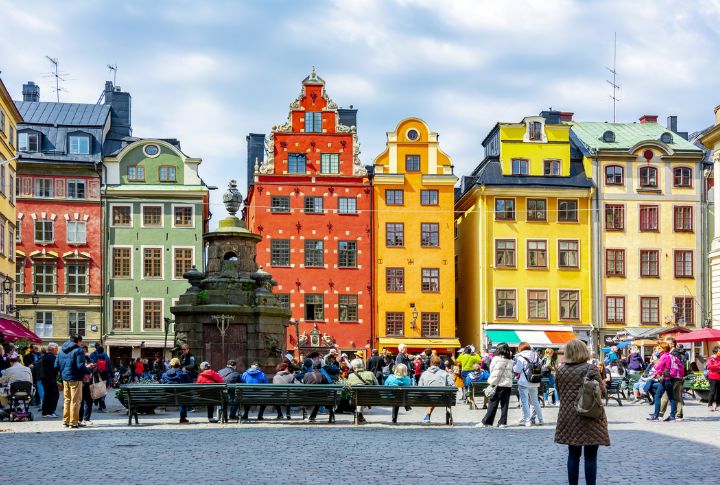
Sweden’s 82.57-year life expectancy benefits from the “lagom” lifestyle, which promotes balance, a comprehensive healthcare system, and a strong social safety net. Emphasis on physical activity, green spaces, and work-life balance policies reduce stress and enhance well-being, contributing to the country’s high longevity.
France

The average lifespan in France is 82.46 years. Despite a diet that includes rich foods like cheese and wine, France has low rates of heart disease. This is attributed to factors like moderate portion sizes, the protective effects of red wine (in moderation), and a generally active lifestyle.
Malta

Malta’s high life expectancy of 82.29 years is due to a Mediterranean diet, a robust healthcare system, and a warm climate that encourages an active lifestyle. The strong sense of community and social cohesion provides emotional support, reducing stress and promoting mental well-being, contributing significantly to the nation’s overall health and longevity.
Canada

The focus on Indigenous health and culturally sensitive care exemplifies a commitment to equity and inclusivity in healthcare. By explicitly targeting health disparities among Indigenous populations and providing culturally sensitive care, Canada improves health outcomes for a historically marginalized group. As a result, they have a high life expectancy of 82.22 years.


Comments
Loading…